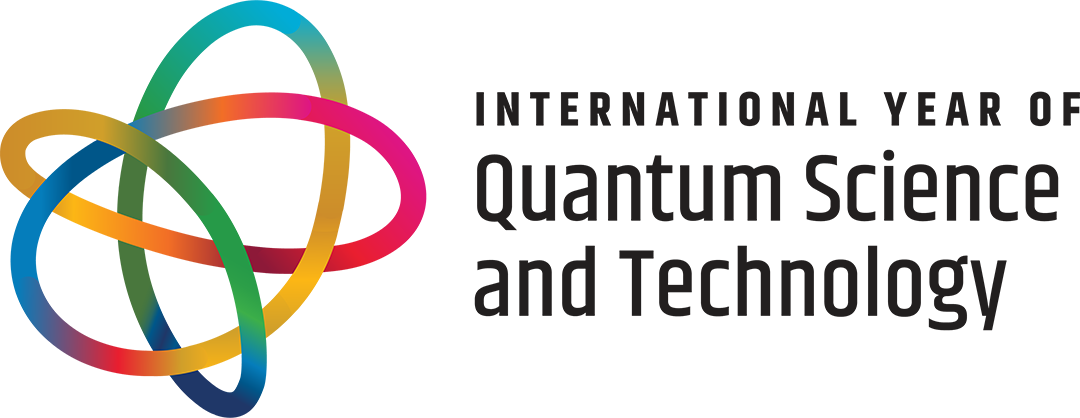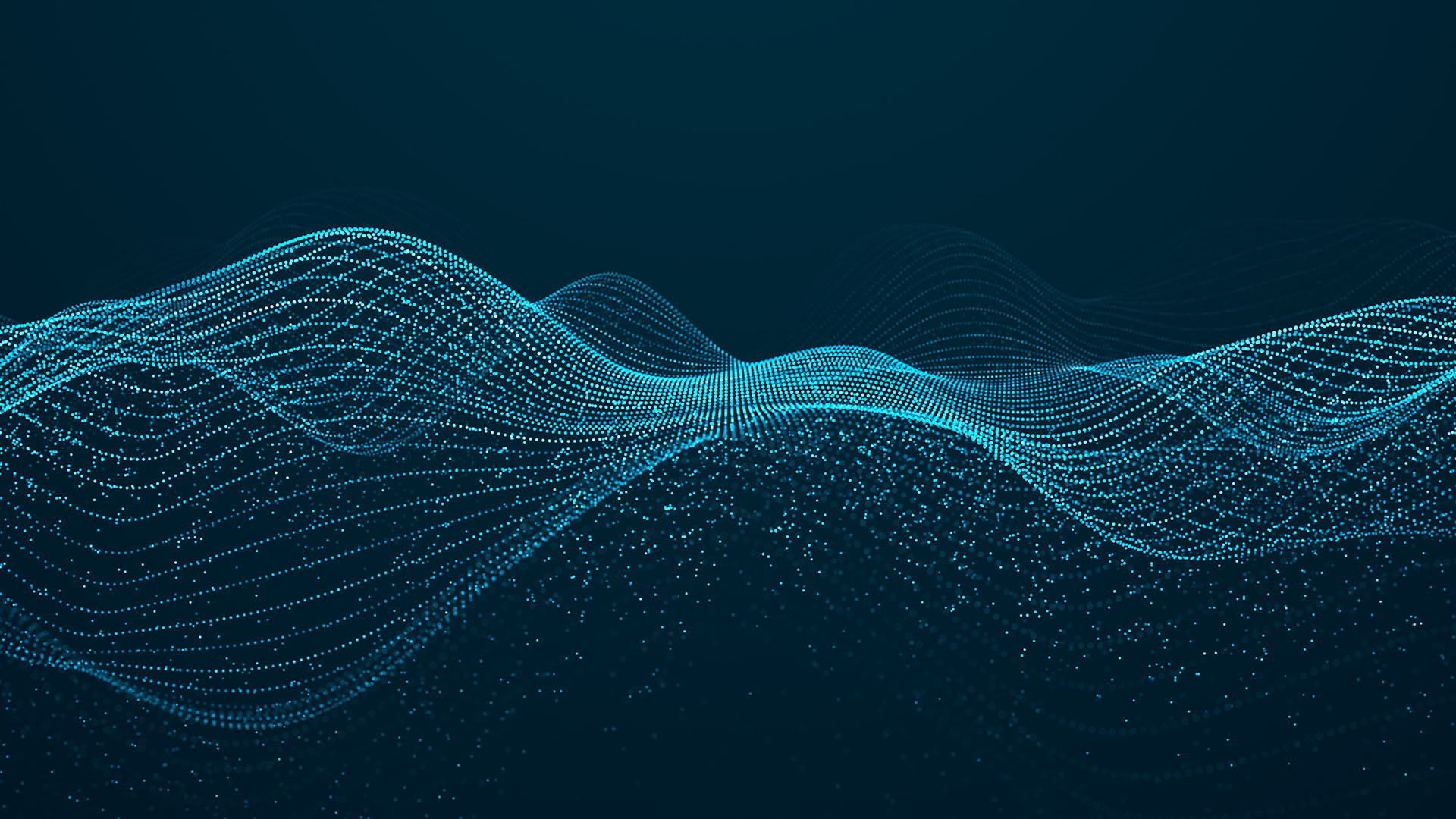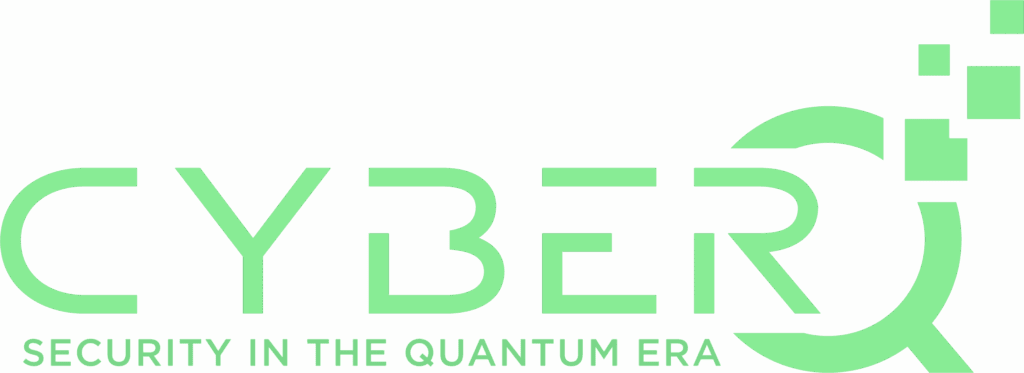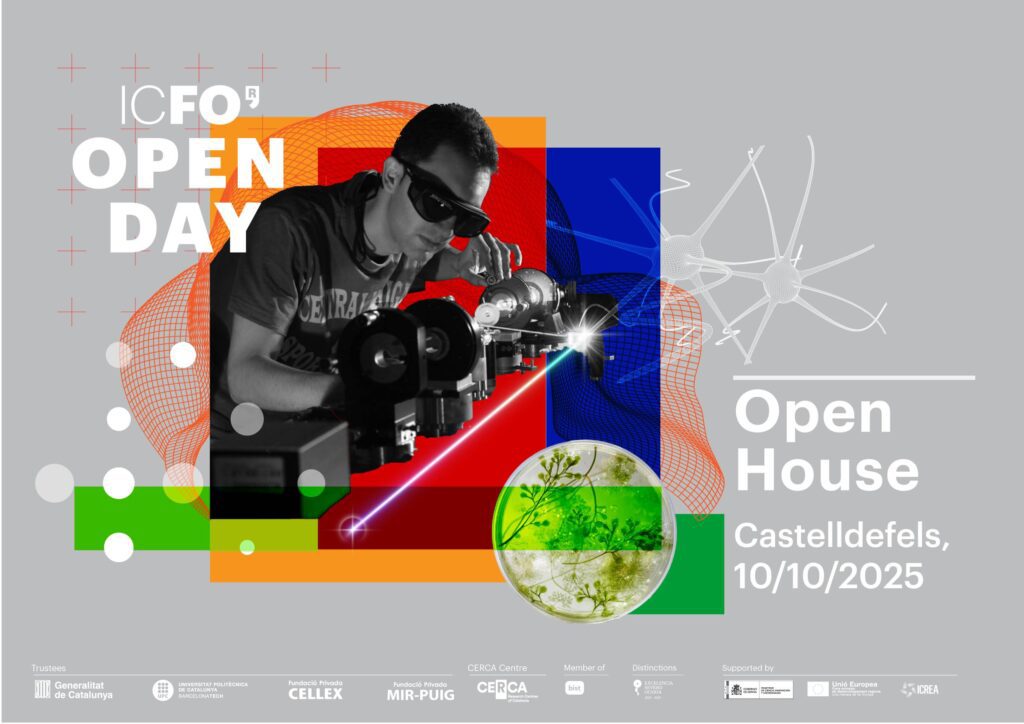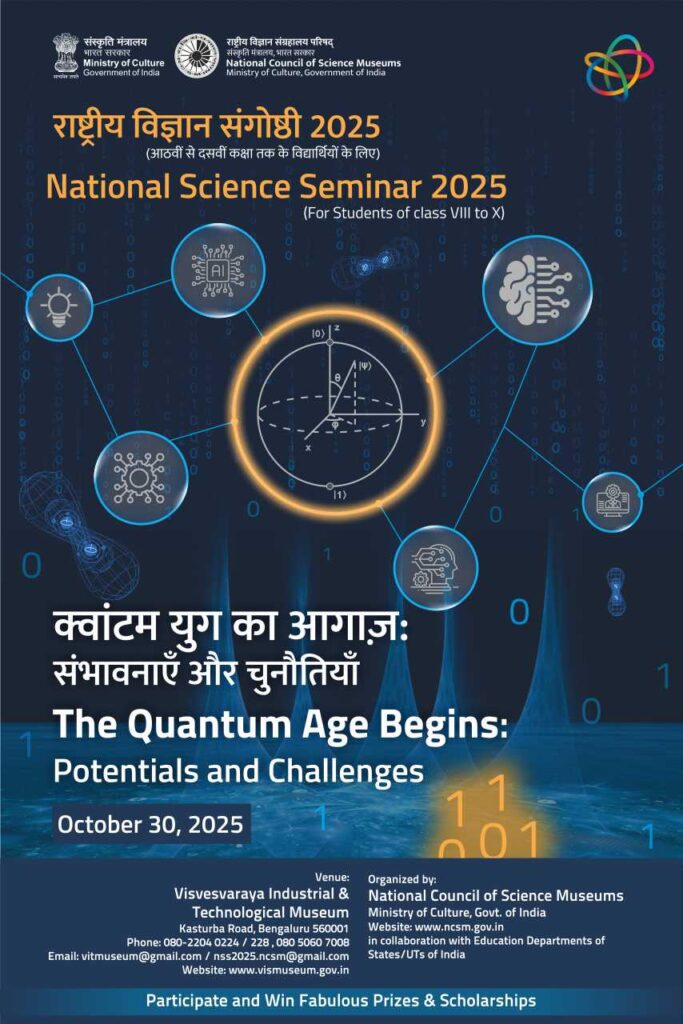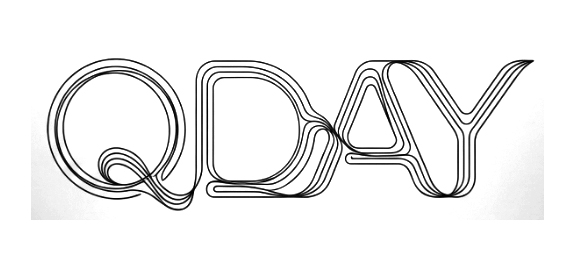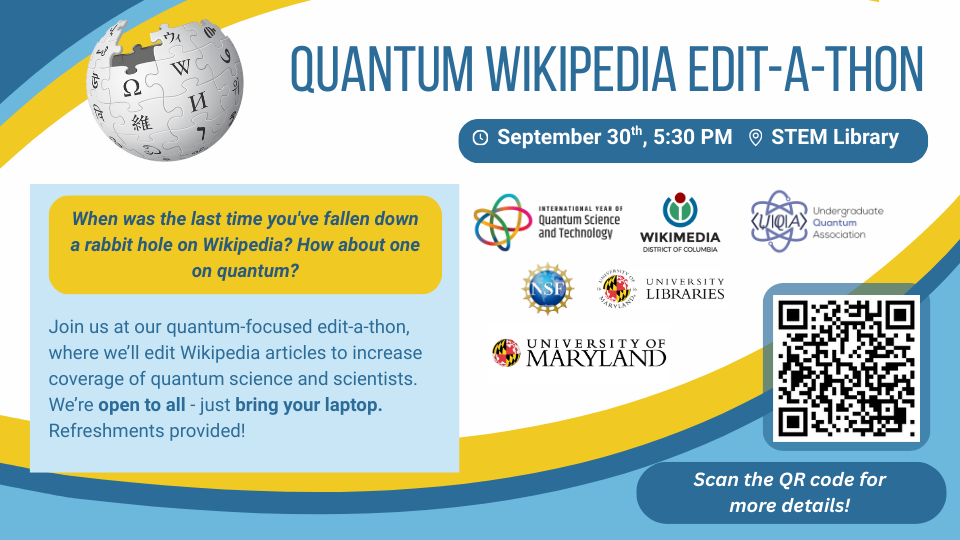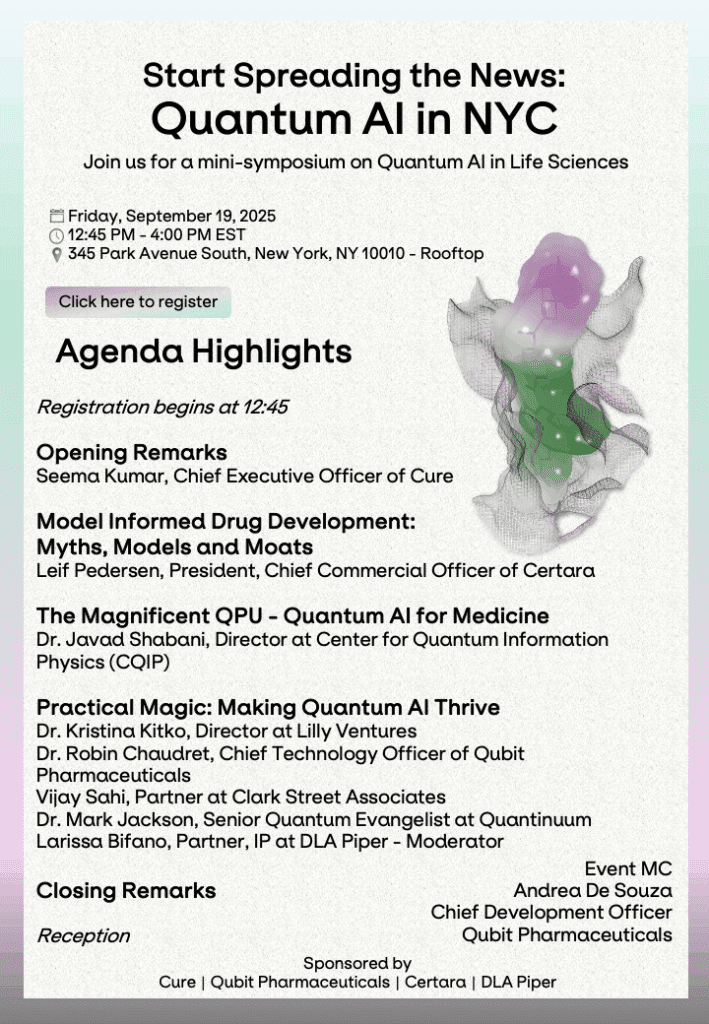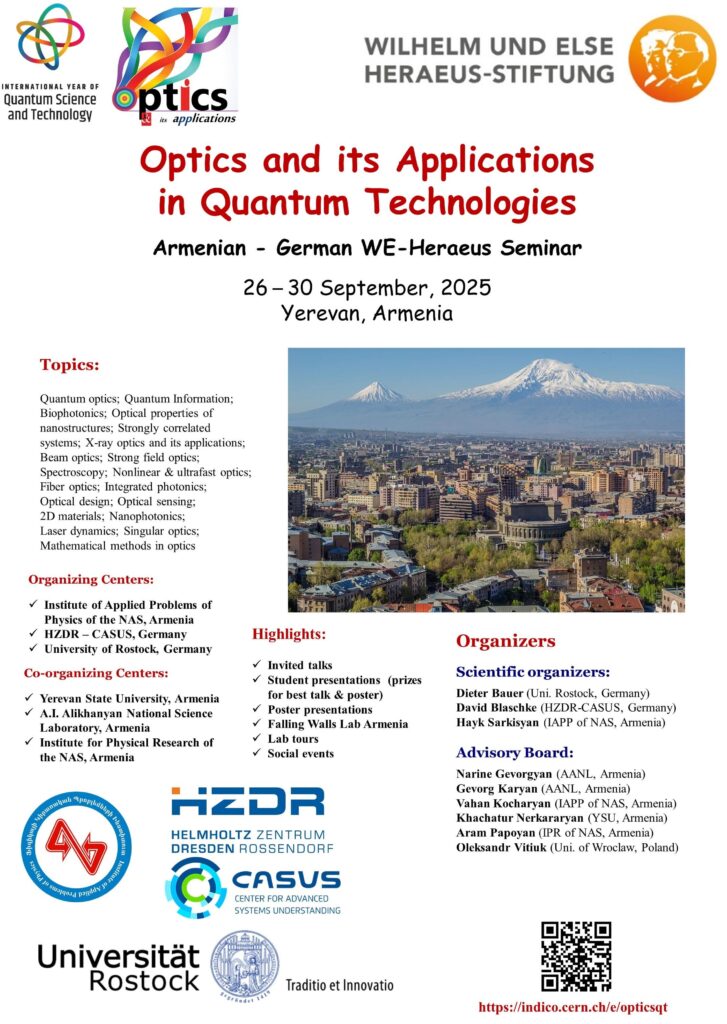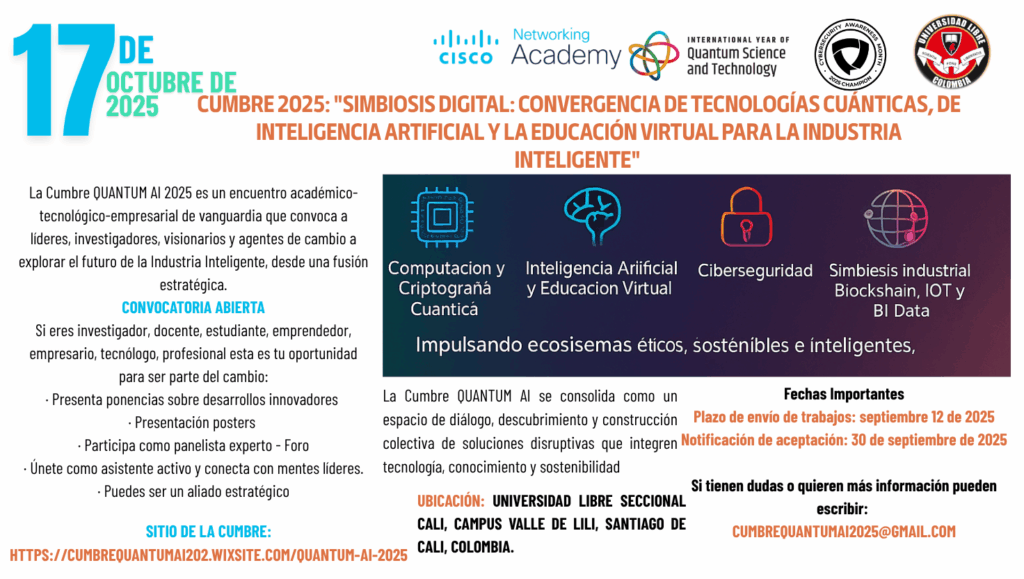CyberQ 2025 is the UAE’s flagship summit for cybersecurity and quantum technologies, hosted by the UAE Cybersecurity Council and the Technology Innovation Institute (TII). Under the theme “Future-Proofing Digital Defenses,” the event will explore how quantum computing, artificial intelligence, and emerging technologies are transforming the global cybersecurity landscape.
For the second year running, the CyberQ Summit 2025: Future-Proofing Digital Defenses is providing a global forum for government, industry leaders and those at the cutting-edge of emerging quantum technologies to explore the dangers they pose to current cryptographic systems, the opportunities that post quantum cryptography is creating and the best ways to integrate new cryptographic solutions to ensure a smooth transition, without disrupting operations.
The Institute of Photonic Sciences (ICFO) Open Day
The ICFO Open Day is a very special occasion when we open the doors of our research center to bring science closer to everyone. It’s a day dedicated to society, when schools, families, and the general public can discover what we do at ICFO from the inside.
You will have the chance to visit our labs and facilities, explore activities designed to spark curiosity, and meet the scientists and professionals working on cutting-edge photonics research.
The event is completely free and takes place on Friday, October 10, 2025, at ICFO’s facilities in Castelldefels. There will be three visiting slots throughout the day:
09:30 – 12:15: ICFO Open Day for Schools
14:30 – 17:15: ICFO Open Day for Schools & Families
18:00 – 21:00: ICFO by Night (general public)
It’s a great opportunity to learn more about how light is shaping the future in fields such as health, energy, communications, and the environment. Come and discover the science that builds the future!
National Science Seminar
National Science Seminar 2025, a flagship event of the National Council of Science Museums (NCSM), will be held on 30th October 2025 at the Visvesvaraya Industrial & Technological Museum (VITM), Bengaluru, India. This year’s theme is “The Quantum Age Begins: Potentials and Challenges.” The seminar aims to inspire young minds and prepare them to contribute towards positioning India as a leader in the rapidly emerging field of quantum technologies.
QDay Italia
QDAY è la prima comunità italiana dedicata a prevenire il Quantum Day attraverso progetti sostenibili e rigenerativi per l’Italian Quantum System.
Come posso partecipare attivamente a QDAY?
Puoi unirti iscrivendoti al nostro sito e contribuendo con idee e proposte innovative sostenibili per il Mercato Unico Quantistico Europeo.
Quali sono i benefici di far parte di QDAY?
Accesso a risorse esclusive, networking con esperti e possibilità di sviluppare progetti unici ed esclusivi per la quantum humanity.
Il Quantum Day è una minaccia reale?
Sì, per questo lavoriamo insieme e cerchiamo intelligenze connettive per anticipare e mitigare i possibili impatti.
Presto sarà organizzato il primo QDay Italia evento di edutainmnet in lingua italiana per gli italiani per lo sviluppo del modello divulgativo-scientifico coerente con principi guida IYQ :
- Aumentare la consapevolezza pubblica dell’importanza della scienza quantistica e delle sue applicazioni,
- Rafforzare la cooperazione scientifica internazionale, multilaterale e interdisciplinare tra istituti di ricerca, ricercatori e innovatori nella scienza e nella tecnologia quantistica, e/o
- Garantendo un focus sull’applicazione della scienza e della tecnologia quantistica per lo sviluppo sostenibile.
Quantum Wikipedia Edit-a-thon
When was the last time you fell down a rabbit hole on Wikipedia? How about one on quantum?
Join the University of Maryland, in collaboration with Wikimedia DC and the UMD Undergraduate Quantum Association, at its Quantum Wiki Edit-a-thon on September 30th, 2025. Supported by the National Science Foundation, the edit-a-thon will bring students together to edit Wikipedia articles to increase coverage of quantum science and scientists.
This in-person event is open to all, and no prior background is needed – just a desire to contribute! Refreshments will be provided.
Start Spreading the News – Quantum AI in NY City
As the world celebrates 2025 as the UN Designated Year of Quantum Science and Technology, Cure Leadership in New York, in partnership with Qubit Pharmaceuticals, Certara, and DLA Piper, is sponsoring a Quantum AI Event for the Life Sciences Ecosystem. This event, structured as a mini-symposium, includes two invited talks from computational leaders and a panel discussion around quantum AI.
Future Technologies Conference (FTC) 2025
The Future Technologies Conference stands as one of the most anticipated interdisciplinary events in the realm of academic conferences, bringing together leading minds to explore and advance the technologies that define our future.
Researchers, academics, and technologists from leading universities, research firms, government agencies, and companies from 50+ countries present the latest research at the forefront of technology and computing.
As one of the leading academic conferences, FTC offers a platform for professionals and students to exchange knowledge, build networks, and inspire change across disciplines. Its commitment to nurturing the global research community ensures that attendees leave with valuable insights and connections. In addition, this Robotics Conference showcases breakthroughs in robotics, automation, and machine learning.
Optics and Its Applications in Quantum Technologies
The advancement of optical science and quantum technologies represents a key area of modern physics with applications in quantum communication, computation, and sensing. International collaboration in these fields is essential for fostering knowledge exchange, innovation, and interdisciplinary research. Given the strong expertise in optics and quantum physics in Germany and Armenia, this binational WE-Heraeus seminar presents a unique opportunity to build synergies between researchers in both countries.
Armenia has a rich tradition in optical and quantum research, with strong contributions in theoretical physics, laser technologies, and photonics. With this seminar, we aim to promote scientific cooperation, strengthen academic ties, and create a platform for discussing recent developments in fundamental and applied optics with a special focus on quantum technologies.
Symposium – Quantum Science and Technology in Healthcare
The Quantum Science and Technology in Healthcare symposium is part of the 13th National Congress of AIFM (Italian Association of Medical Physics). This symposium is a plenary session of the Congress, scheduled for Saturday, October 18th, from 10:15 am to 11:45 am. We anticipate between 500 and 600 attendees based on current registrations.
The aim of the event is to increase awareness of QST in the Italian medical physics community, highlighting its potential applications in medicine, particularly in the fields of quantum sensing and quantum computing.
Here is the schedule for the symposium, highlighting its connection to quantum science and technology:
Introduction – Celebration of Quantum Science on the IYQ
- Carlo Cavedon – President of AIFM (Italian Association of Medical Physics)
- Oscar Adriani – Member of the INFN Board of Directors (National Institute of Nuclear Physics)
Session 1 – Quantum Sensing in Medical Applications
- Marco Genovese – Director of the Quantum Optics research sector of INRIM (National Institute of Metrology)
- Pietro Faccioli – INFN (National Institute of Nuclear Physics)
Session 2 – Quantum Computing in Medical Applications
- Alberto Quaranta – President of the 5th Scientific Commission of INFN
- Samuele Cavinato – University of Torino and IOV Padova (Veneto Institute of Oncology)
The symposium will cover various topics, including the potential of quantum computing in radiation therapy real-time optimization, quantum sensors for biomedical applications, quantum-enhanced imaging, quantum magnetometers in cardiology, quantum sensors in brain mapping, and quantum computing for predictive models and personalized medicine.
Cumbre 2025: Simbiosis Digital: Convergencia de Tecnologías Cuánticas, de Inteligencia Artificial y Educación Virtual para la Industria Inteligente
La Cumbre QUANTUM AI 2025 es un encuentro académico-tecnológico-empresarial de vanguardia que convoca a líderes, investigadores, visionarios y agentes de cambio a explorar el futuro de la Industria Inteligente, desde una fusión estratégica de la fusión estratégica de las tecnologías (entre otras):
• Computación Cuántica
• Criptografía Cuántica
• Ciberseguridad
• Inteligencia Artificial (IA)
• Educación Virtual, Agentes Virtuales de IA
• IA Generativa en la Educación
Este año, con el respaldo de la ONU, la UNESCO y UNICEF, el 2025 ha sido proclamado como el Año Internacional de la Ciencia y la Tecnología Cuánticas (IYQ), reconociendo su impacto potencial para resolver desafíos globales.
Además, la Cumbre se realizará en el mes de octubre, que es el mes dedicado a la ciberseguridad a nivel mundial.
En este contexto histórico, la Cumbre QUANTUM AI se consolida como un espacio de diálogo, descubrimiento y construcción colectiva de soluciones disruptivas que integren tecnología, conocimiento y sostenibilidad.
Bajo el concepto de realizar una Simbiosis Digital e Industrial, la cumbre plantea cómo la convergencia ética y colaborativa de estas tecnologías puede transformar radicalmente los modelos productivos, educativos y sociales. No se trata solo de usar tecnología, sino de crear ecosistemas donde humanos y máquinas trabajen juntos, de forma inteligente, sostenible y ética.
En la cumbre se considera la simbiosis industrial como puente hacia la industria inteligente, dado que aporta el marco perfecto para acelerar la transición hacia una industria inteligente. A través del intercambio estratégico de recursos, datos, energía y conocimientos entre organizaciones, este enfoque:
- Digitaliza los flujos de recursos, promoviendo el uso de plataformas con IoT, Blockchain y Big Data para gestionar materiales, energía y residuos de forma eficiente
- Fomenta ecosistemas colaborativos, donde empresas, incluso de distintos sectores, cooperan para transformar subproductos en oportunidades de negocio.
- Integra automatización e inteligencia artificial para optimizar procesos industriales en tiempo real, reduciendo desperdicios y mejorando la eficiencia.
- Impulsa la sostenibilidad inteligente, haciendo que la industria no solo sea más competitiva, sino también respetuosa con el medio ambiente y con la sociedad.
- Activa nuevos modelos de negocio, conectando empresas en redes productivas digitales basadas en confianza, trazabilidad y transparencia.
Cuando la Simbiosis Industrial se apoya en tecnologías como la IA y la computación cuántica, el resultado es una industria más adaptativa, eficiente, ética y resiliente.
La Cumbre QUANTUM AI 2025 reconoce el modelo de la Cuádruple Hélice como eje para la innovación con impacto:
• La academia genera conocimiento y forma talento
• La industria aplica y escala soluciones disruptivas
• El gobierno regula, incentiva y financia
• La sociedad civil aporta visión ética, creativa y socialmente relevante
Más que un evento, la Cumbre es una experiencia transformadora que tiene un enfoque pedagógico, inspirador e innovador. No se trata solo de compartir conocimiento, sino de encender pasiones, activar ideas, motivar alianzas y cocrear proyectos con impacto real.
Convocatoria abierta
Si eres investigador, docente, estudiante, emprendedor, empresario, tecnólogo, profesional esta es tu oportunidad para ser parte del cambio:
• Presenta ponencias sobre desarrollos innovadores
• Presentación pósters
• Participa como panelista experto – Foro
• Únete como asistente activo y conecta con mentes líderes.
• Puedes ser un aliado estratégico
Fechas Importantes
Plazo de envío de trabajos: septiembre 12 de 2025
Notificación de aceptación: 30 de septiembre de 2025
Día de la Cumbre: 17 de octubre de 2025.
Dudas o más información:
cumbrequantumai2025@gmail.com
La revolución ya comenzó: no vengas solo a observar… Ven a construirla.
Cumbre QUANTUM AI 2025: El epicentro donde la tecnología, el conocimiento y la acción dan forma al futuro.

